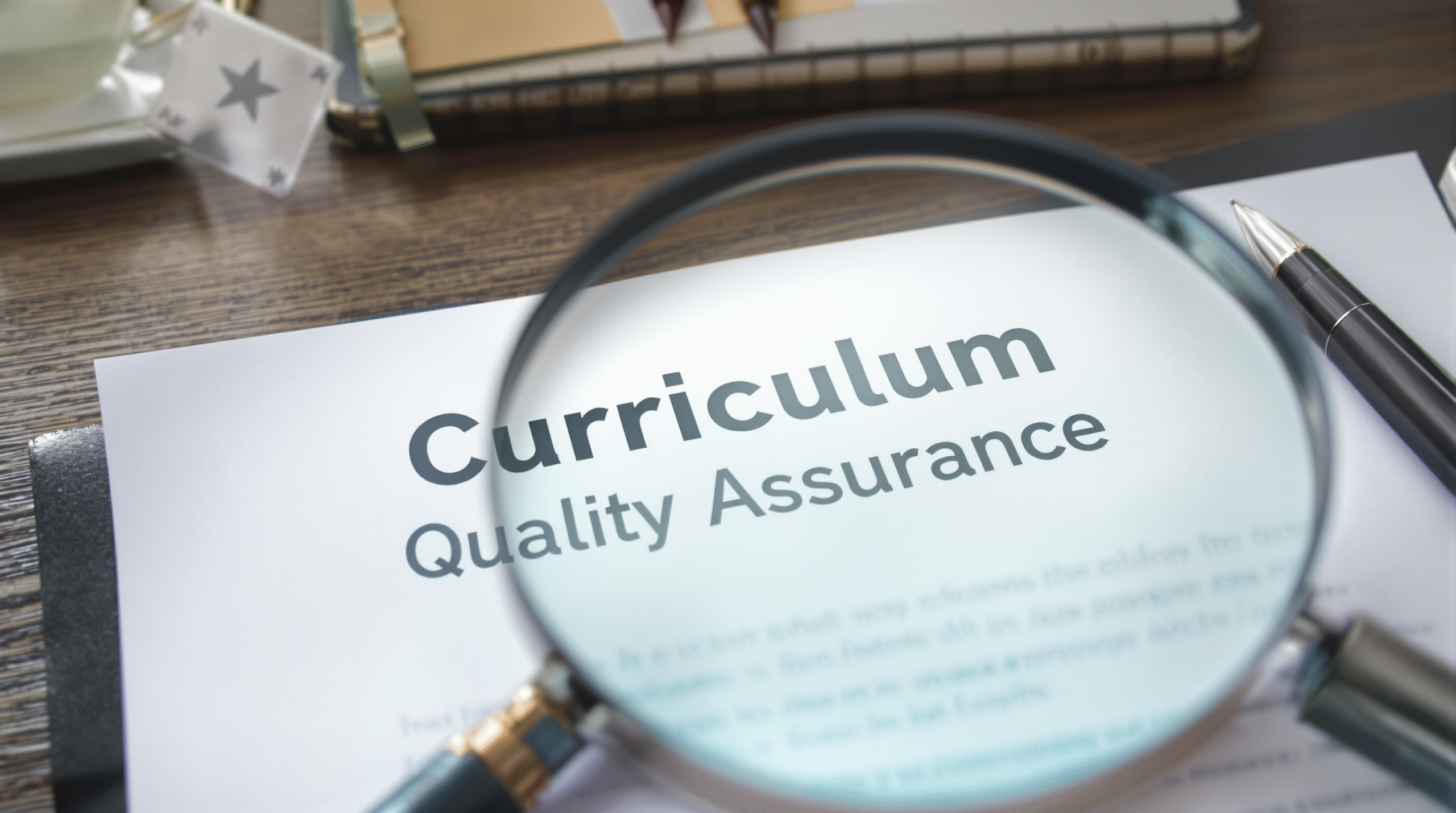Curriculum Quality Assurance
Curriculum quality assurance is a systematic and ongoing process aimed at ensuring and enhancing the quality and effectiveness of academic programs. It involves a range of activities and mechanisms designed to monitor, evaluate, and improve the curriculum, teaching, learning, and assessment processes. Khon Kaen University recognizes the importance of robust quality assurance mechanisms to maintain high standards of education and meet the evolving needs of students and society.
Key principles and concepts of curriculum quality assurance include:
Systematic approach:
Quality assurance is not a one-time event but rather an integrated and continuous process that is embedded in the university's academic practices and policies.
Stakeholder involvement:
The process involves active participation and feedback from various stakeholders, including faculty, students, alumni, employers, and external experts, to ensure that the curriculum is relevant, effective, and meets their needs.
Evidence-based evaluation:
Quality assurance decisions and improvements are based on data and evidence gathered through various methods, such as student feedback, performance data, program reviews, and external assessments.
Continuous improvement:
The primary goal of quality assurance is to foster a culture of continuous improvement, where feedback and evaluation results are used to identify areas for enhancement and implement effective changes.
Transparency and accountability:
Quality assurance processes and outcomes are transparent and accessible to stakeholders, promoting accountability and public trust in the university's academic programs.
To ensure the quality of its curricula, Khon Kaen University may adopt different frameworks, provided they are approved by the university and are recognized at a national or international level, or by the relevant profession.
AUN-QA Framework
One of the primary frameworks that can be used is the ASEAN University Network Quality Assurance (AUN-QA) framework. AUN-QA is a well-established system used across Southeast Asia and beyond to assess and enhance the quality of higher education programs. It provides a set of criteria and guidelines for assessing various aspects of a program, including:
Expected learning outcomes:
Ensuring that the program has clearly defined and measurable learning outcomes that align with the university's mission and stakeholder needs.
Program structure and content:
Evaluating the design, structure, and content of the curriculum to ensure its coherence, relevance, and alignment with learning outcomes.
Teaching and learning approach:
Assessing the effectiveness of teaching methods, learning activities, and the learning environment in promoting student engagement and achievement of learning outcomes.
Student assessment:
Evaluating the methods used to assess student learning, ensuring their validity, reliability, fairness, and alignment with learning outcomes.
Academic staff:
Assessing the qualifications, competence, workload, and professional development of faculty members.
Student support services:
Evaluating the adequacy and effectiveness of services provided to students, such as academic advising, counseling, and career services.
Facilities and infrastructure:
Assessing the adequacy and quality of physical resources, such as classrooms, laboratories, libraries, and IT infrastructure.
Output and outcomes:
Evaluating the program's effectiveness in achieving its intended learning outcomes and producing graduates who meet the needs of society and the labor market.
By using a framework such as AUN-QA, Khon Kaen University demonstrates its commitment to quality and continuous improvement, ensuring that its academic programs meet the highest standards of excellence and prepare graduates for success in a rapidly changing world.

